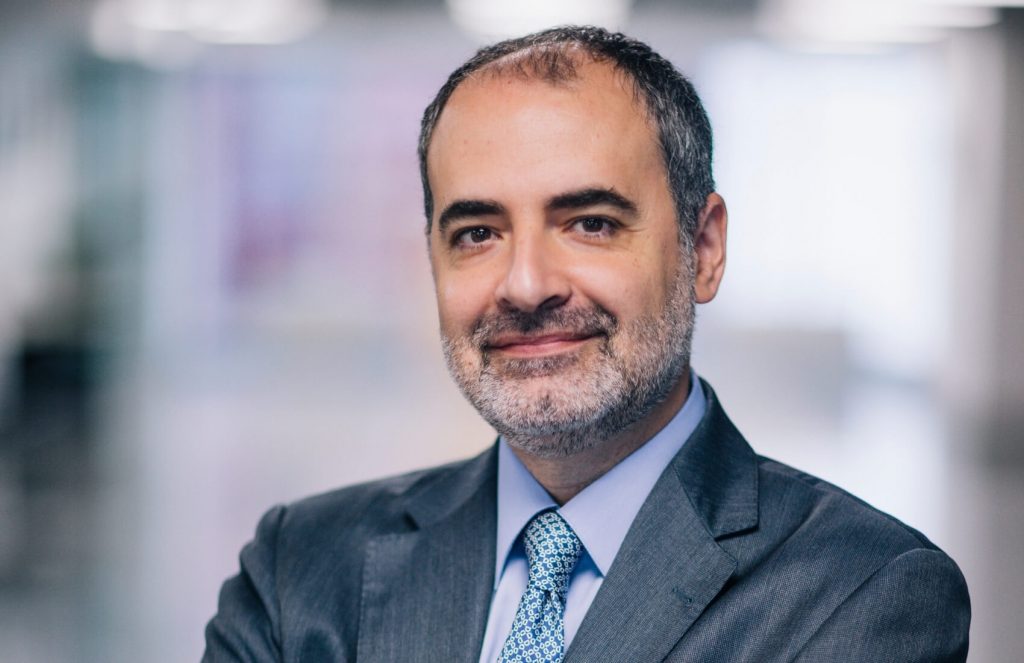Almost every day of the year, events or concepts of all kinds are commemorated, from the well-known to the most unlikely. The agenda closes this month by placing the spotlight on a basic economic concept: savings, which is celebrating its big day today, after an international congress on the subject was held in Milan on 31 October 1924. That event was organised by what was to be the seed of the International Savings Banks Institute (ISBI), currently known as the World Savings and Retail Banking Institute (WSBI). A hundred representatives from more than 6,000 entities in 90 countries belong to this institution, which has been based in Brussels since 1994. 'Embrace your financial future' is the slogan adopted this year by WSBI to develop a programme that encourages people to take control of their lives through financial planning. The institution recalls that banking has historically been a driver of growth for local markets and a pillar of the real economy, engaged with the communities in which it operates.
In Spain, the Spanish Confederation of Savings Banks (CECA), which represents 38% of the Spanish financial system, has been in close contact with ISBI since its creation in 1928 and is currently a member of WSBI. 'Raising public awareness of the importance of savings for both the growth of economies and personal well-being is the goal of the event', say officials from the national organisation. Savings Day has, over the years, catered for groups such as children, women and professionals from different sectors. 'Money boxes, posters, anthems, raffles, competitions, conferences, films, songs, children's savings books and work in schools have been tools that we have used to disseminate these contents', recalls CECA. In 2008, the group launched the Spanish Financial Education Network, which is an important part of the ongoing dissemination of these ideas.
Different views on planning and economic efficiency are discussed in the pages of this special feature. When asked what to do with savings, José Luis Martínez, head of the Spanish Banking Association (AEB), explains that it is necessary to design a plan, consisting of investing, diversifying and monitoring. The savings rate of Spanish households was 8.5% of disposable income in the first half of the year, 'a value below the European average and below pre-crisis levels', explains Martínez.
Santiago Carbó, professor at the University College of Financial Studies (Cunef), believes that the Spanish economy is recovering, although household and business indebtedness is still high. 'Better news is that as the available funds increase and invoices are paid, defaults decrease', he says.
According to a recent study by rastreator.com, an insurance comparison tool, 44.7% of Spaniards are unable to save more than €200 per month, with men between 25 and 34 years of age having the greatest capability to do so. Lack of sufficient income, unforeseen expenses and the obligation to financially support family and friends are the main factors that make it difficult to achieve savings goals.













